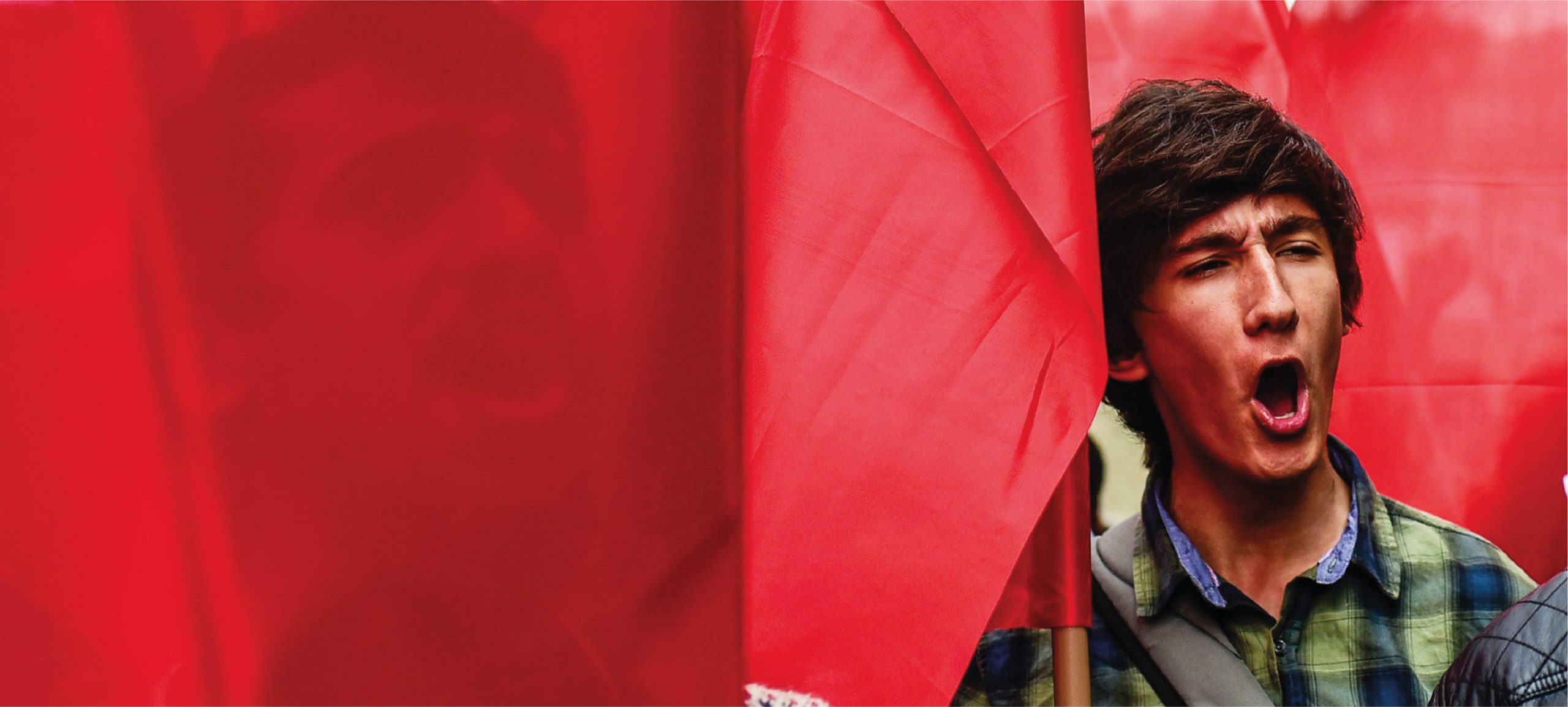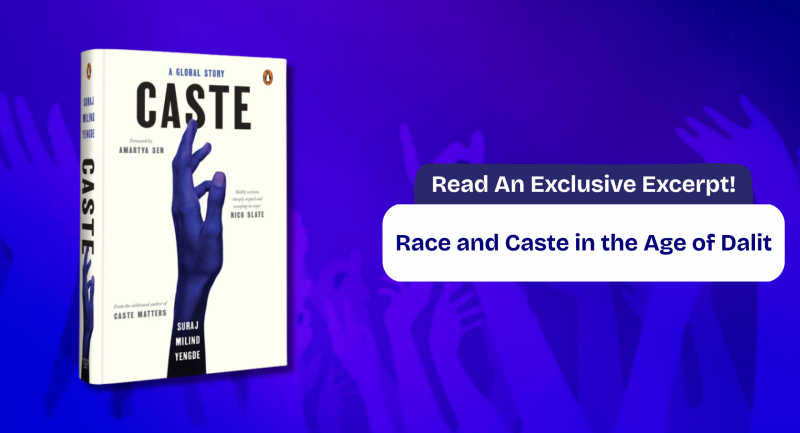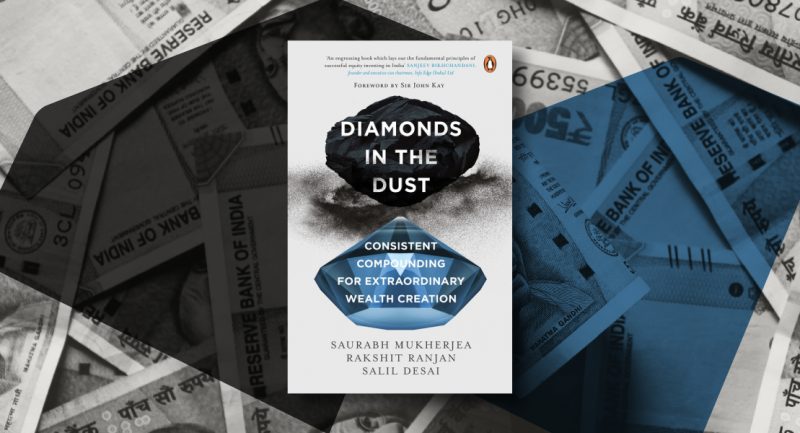
Since the Manifesto was first written in 1848 by Marx and Engels, the text has only grown more influential and relevant. It has been banned,censored,burned and declared ‘dead’ but is still required reading in several courses. The Communist Manifesto is an extensively researched edition that provides an authoritative introduction with the full text of the Manifesto.
This year celebrates Karl Marx’s 200th birth anniversary. Grab this edition that explains Marxism in a nutshell in a reader-friendly format.
Here is an excerpt from the book:
———————————————————————————————————————————————
Life under capitalism is a rat race not only inside the workplace, but out of it as well. In a society constantly on the move, social relations are turned upside down. Capitalism encourages greed, competition, and aggression. It degrades human relations so that they are frequently based on little more than “naked self-interest” and “callous ‘cash payment’”. While its supporters prattle on endlessly about “family values,” capitalism itself rips families apart.
The bourgeois clap-trap about the family and education, about the hallowed co-relation of parent and child, becomes all the more disgusting, the more, by the action of modern industry, all family ties among the proletarians are torn asunder, and their children transformed into simple articles of commerce and instruments of labor. (II.45)
Vast numbers of people are thus denied a truly human existence.
Capitalism’s ceaseless drive to expand not only destabilizes all social relations; sooner or later, it also undermines the conditions for economic growth itself.Marx and Engels argue that capitalism increasingly exhibits a tendency to run out of control—it is a system in which highly destructive economic crises are unavoidable and that has thus become fundamentally irrational.
Modern bourgeois society, with its relations of production, of exchange and of property, a society that has conjured up such gigantic means of production and of exchange, is like the sorcerer who is no longer able to control the powers of the nether world whom he has called up by his spells.(I.27)
In a world threatened by pollution, global warming, and the destruction of ecosystems as the result of uncontrolled capitalist growth, this image perhaps has a special resonance. At the beginning of the twenty-first century, the search for profits threatens to destroy everything in its path, including the natural environment.
The Manifesto does not contain a fully worked-out economic theory—Marx was later to provide that in Capital—but it does provide a description of recurring capitalist crises, which, once again, fits the modern world remarkably well.
For many a decade past, the history of industry and commerce is but the history of the revolt of modern productive forces against modern conditions of production, against the property relations that are the conditions for the existence of the bourgeoisie and of its rule. It is enough to mention the commercial crises that by their periodical return put on its trial, each time more threateningly, the existence of the entire bourgeois society. In these crises a great part not only of the existing products, but also of the previously created productive forces, are periodically destroyed. (I.27)
The periodic crises that the Manifesto describes have continued to plague capitalism ever since, despite repeated claims that they have become a thing of the past.










